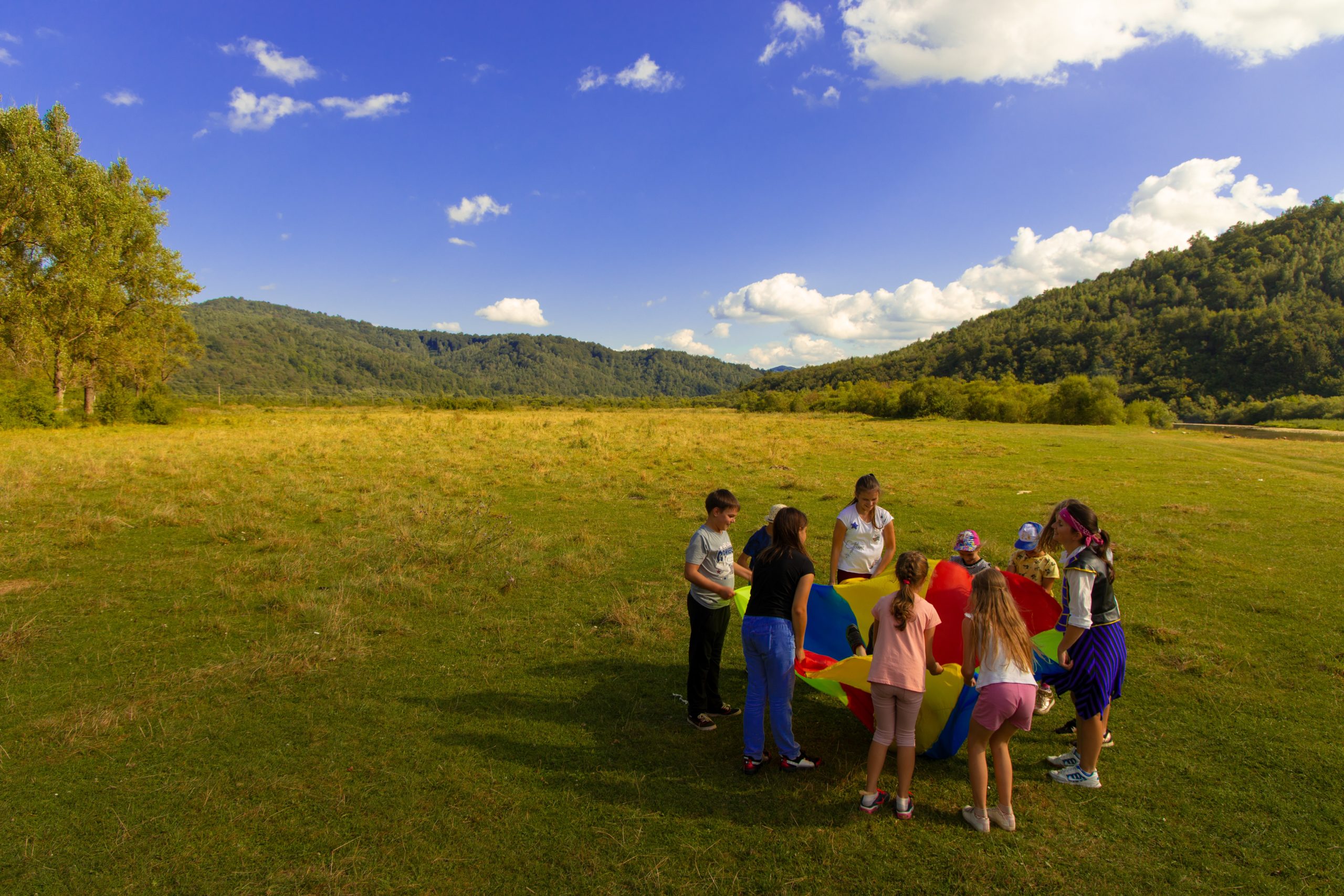I’ve taught Year 6 many times in my career and memories of SATs week are all too fresh in my mind. Three hours and fifty minutes of silence will produce a snapshot of where our 11-year-olds are in reading, writing, mathematics and grammar, punctuation and spelling all summed up neatly as a scaled score. The […]
Read morecritical thinking

What should education outside planet Earth look like? One of my students’ favourite thought is to imagine that we have found a new planet to inhabit and that they have been put in charge of the extra-terrestrial education system. What will they bring to the future home of humanity? What classes would they mandate? What […]
Read moreAs I travel far and wide, training and talking to teachers, common questions occur… How can we improve the mathematical reasoning skills of our pupils and how can we support them as well as gather evidence for it? To address these questions, firstly, we need to understand what mathematical reasoning is and understand why it […]
Read moreI’m taking a little holiday from watching the news. I do this sometimes. I turn off the volume to watch all those mouths move, then let all of the frustrated and angry people float away, sealed in their lovely bubbles. Escapism? Yes – and no. Sometimes it’s the only way to imagine myself outside my […]
Read more